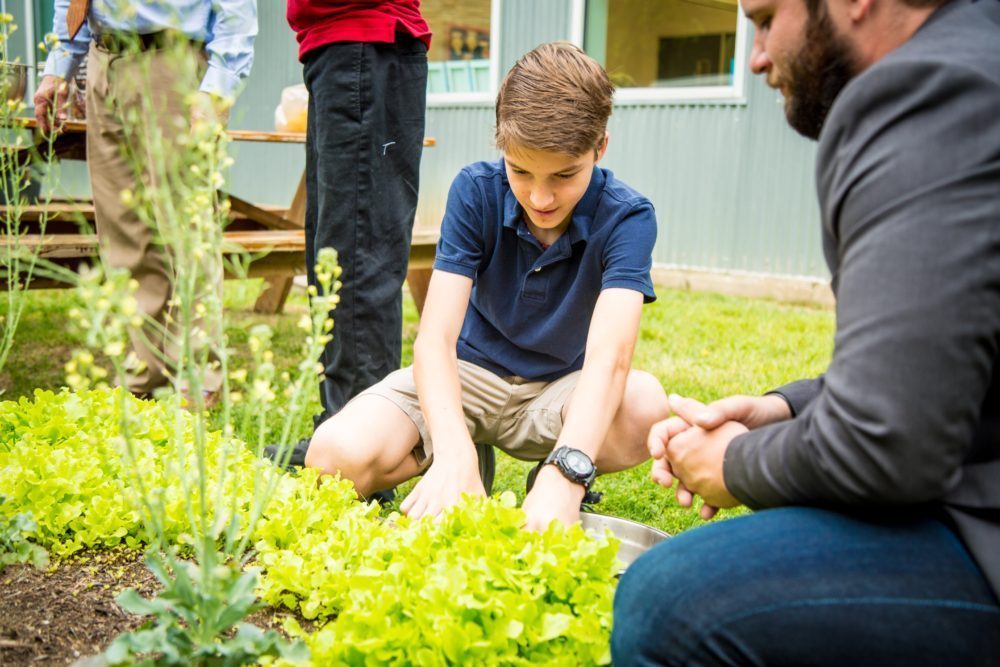
Connecting Real-World Experiences to the Classroom
June 29th, 2018
It has long been said that learning is best done through experience—learning by doing, rather than by listening or observing. Education theory and research support this claim, leading many educators who’ve noticed the disconnect between what students learn and its application to their lives to provide more authentic learning activities, such as the ones we’ve designed at Selwyn School.
Authentic learning activities are tasks given to students in the real-world, where they can apply what they learned in the classroom and expand upon that knowledge in a setting that’s relevant to them. Making real-world connections facilitates learning that is meaningful to students and prepares them for their professional lives outside of school. When teachers move beyond textbook or curricular examples and connect content learned in the classroom to real-life people, places and events, students are able to see a greater relevance to their learning. Real-world connections are used to help students see that learning is not confined to the school, allows them to apply knowledge and skills in real-world situations, and personalizes learning to increase and sustain student engagement.
By cultivating an atmosphere where students can learn by having hands on experience, we prepare students for both their professional and personal lives outside of school. We develop children who can make meaning to their learning, even during the summer session. In fact, summer is a time for learning — it’s a time to explore industries, build workplace skills, and gather information from experts in the field. It’s a chance for students to personally own the material they learn through practice, and a chance to get to see the ideas they learned come to life. To promote academic gains over the summer vacation, consider the following real-world authentic learning activities:
Summer Science Experiments
Interacting with scientific concepts can be fun for students at home, in the garden or on family field trips. During the summer break, parents can join their children in the kitchen to safely experiment with different “chemicals,” such as vinegar and baking soda, to create reactions and learn about how different properties react to one another.
Grow a Garden
Getting students involved with the planting, tending and harvesting in their community or backyard gardens teaches them about the plant life cycle. Students who garden gain knowledge of plant anatomy, how they grow, and the care they require to produce flowers, fruit or food.
Family Field Trip
Family field trips to see natural wonders or take hikes can be fun and educational. For instance, on a nature walk, parents can help children identify trees, plants and flowers and name geological features. Getting students outside has the added benefit of avoiding a summer spent in front of the TV or computer screen.
While summer should still be a time to enjoy being away from school, it’s important for students to avoid the backslide that results from not practicing the skills they’ve learned all year. With authentic learning activities like these, students can experience summer learning as fun and connect their real-world experiences to the classroom.


